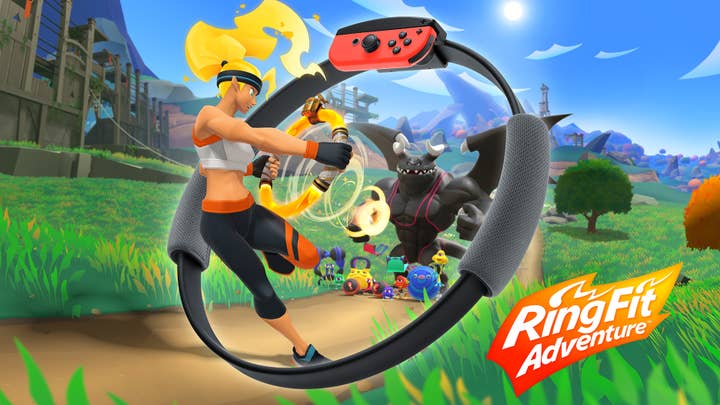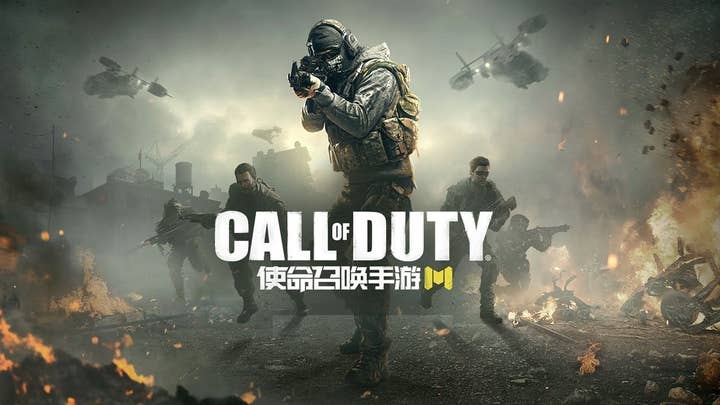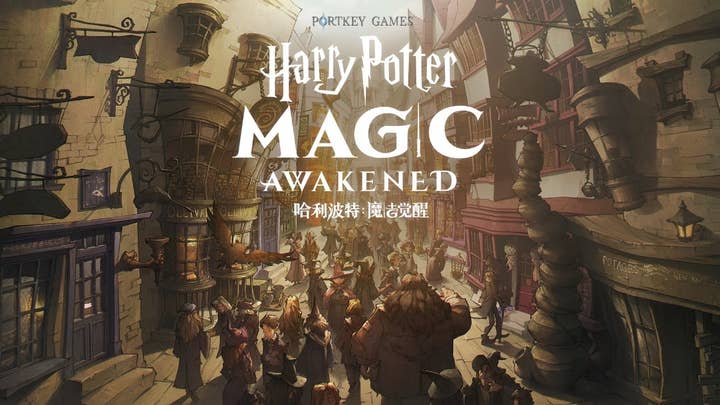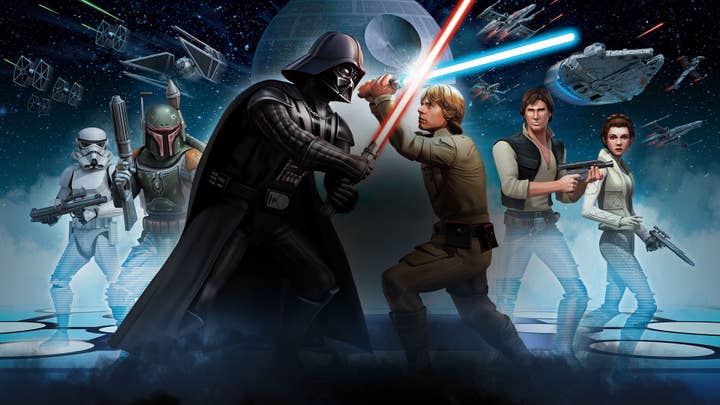Foreign developers can only hope to reach China with mobile games | Opinion
The last crop of officially approved games tells us a lot about the Chinese market, says Apptutti's Daniel Camilo
China recently approved 28 foreign games to be officially launched in the country. That is, an ISBN Publishing License has been given to these games, and they can now be legally released and distributed by their corresponding publishers, with a full range of monetization options available to them.
There is a lot to dig into, if I was to comment on each and every single title, so I will highlight a few cases that I think are particularly interesting, and what we can read more broadly from them about the current state of the Chinese market. Keep in mind that a publishing license takes anywhere between six months to a year to be approved, if it is approved.
Console gaming is dead, again -- but not really
Of the 28 games approved, only one is for console. After enjoying a huge surge in popularity in China in the early months of the year due to the COVID-19 lockdowns, Ring Fit Adventure is now cleared to be officially launched in China. Makes sense? Of course not.
All of this is to say, only one foreign console game was approved in the last five months in China
During the first half of the year the demand for Nintendo's game in China was so high that at some points it was retailing -- online, on Taobao -- for more than double its original price. So why and how is the game only now being officially released? Notice I use the term "officially" very intentionally, and that is because most consumers in China buy imported consoles instead of the officially released versions.
I wrote extensively about the subject for this website here and here, but in short, imported consoles are extremely easy to acquire online, while officially released hardware have all sorts of region-locked restrictions, and most well-informed consumers will actually avoid those.
It's practically impossible to know and track how many imported copies of Ring-Fit Adventure were sold in China during the last few months in China, but if I had to guess, I would say at least a couple of hundred thousand -- if not more. How many copies can we expect the officially released version of the game to sell? Considering the low sales of the Chinese Switch in China, as opposed to imported versions, I would estimate 30,000 units at the most optimistic end of the spectrum. The approved version of the game will only work with the Chinese version of the Switch.

All of this is to say, only one foreign console game was approved in the last five months in China. The Xbox One and PS4 are also officially available in the country, in versions that carry their own sets of restrictions. Similar to the Switch, most consumers buy imported versions of those consoles as well, which has led to both Sony and Microsoft's official presence in the market to be moribund.
Mobile is the only option for foreign developers and publishers
Of 28 approved games, 24 are for mobile. That much should be an indication of how one-sided the path has become for international companies that want to make it into China. This of course, applies to Chinese games as well, as the majority of all approved titles are on mobile. It's worth noticing that, once a game gets the publishing license, it is valid for all platforms the game is available on -- as long as it is the same game, with the same content. So a mobile game with an approved publishing license can potentially be released on Android app stores, as well as the iOS App Store.
Call of Duty Mobile is coming to China
Tencent applied for a publishing license for China as soon as COD Mobile was eligible, but the process took ten months
For many, this might sound obvious. After all, Call of Duty Mobile is owned by Tencent and has been one of the most successful games ever, racking up almost 300 million downloads since launch. However, I must admit I was surprised to see it cleared for release in China. In fact, a couple of months ago when expressing my thoughts on the subject to the South China Morning Post, I was convinced it would never be released in China.
Remember, Fortnite is not available in China. In spite of its cartoonish looks, lack of gory violence, and being one of the most popular games in the world, Fortnite never became significantly popular in China and doesn't have a license to be published. It's also made by Epic, in which Tencent owns a 40% stake. Considering all this, and the much more realistic look of CoD Mobile, I felt confident that the game wouldn't be approved. I was wrong, clearly.
What is really interesting in the CoD Mobile situation, however, is that the game was initially released in October. This means Tencent actually applied for a publishing license for China as soon as the game was eligible, but the process took ten months. The game was always intended to be released in China, and the fact that no significant leaks about the plan came out since the initial global launch until now is nothing short of astonishing.
Still, I wouldn't be surprised if CoD Mobile is banned in China in the future. Depending on its success, how the media portrays it, and the amount of exposure it gets, it's very possible that a backlash might eventually hit hard. There are just too many elements in the game that could rub "Chinese values" the wrong way -- American militarism, war, realistic combat/violence, gun glorification -- and in my opinion, Tencent probably used its influence and muscle to make sure the game was approved, though that's just speculation on my part.

Sneaky EA and Star Wars
Of all the titles approved, the one that most surprised me was Star Wars: Galaxy of Heroes. Until recently the game had no publishing license for China, although it was available on iOS. Late last year -- and earlier this year -- Apple announced that it would be removing games from the App Store in China that didn't comply with government regulations. In this case, games with in-app purchases, pay-to-download, and/or subscription based would require a publishing license. The deadline set by Apple was July, 2020.
EA actually pulled Galaxy of Heroes from the App Store before the deadline, leading most to assume the game could be gone from China for good. Lo and behold, Galaxy of Heroes is one of the games approved for release in this latest batch, meaning that EA was planning for the move way in advance, and made sure to apply for a publishing license months before.
At this point it is important to understand how challenging it is to get a publishing license for China, particularly for foreign games. With Apple announcing it would remove games from the App Store less than one year ago, many developers were caught completely off-guard. A Chinese partner is legally required to acquire a publishing license, and the license takes at least six months to get approved, but usually closer to a year. This left thousands of indie developers in a vulnerable position, scraping for solutions for the future of their games in China. It all worked out well for EA and Star Wars, however.
Harry Potter and Warner Bros in China
Last but not least, I felt one of my eyebrows raise when I encountered Harry Potter: Magic Awakened among the select few foreign games approved for launch in China, mostly because of the recent rumors surrounding the possible AT&T sale of Warner Bros. Interactive. I just wonder if whatever agreements have been signed between Netease (publisher of the game in China) and Warner Bros. (the owner of the Harry Potter IP) include any stipulation in case the sale actually happens.

Oh, and PC games? Yes, four foreign PC games were approved as well. That's as much as I have to say about that.
Daniel Camilo lives in Shenzhen. He is the overseas business developer for Apptutti, a specialist in publishing games in China.
